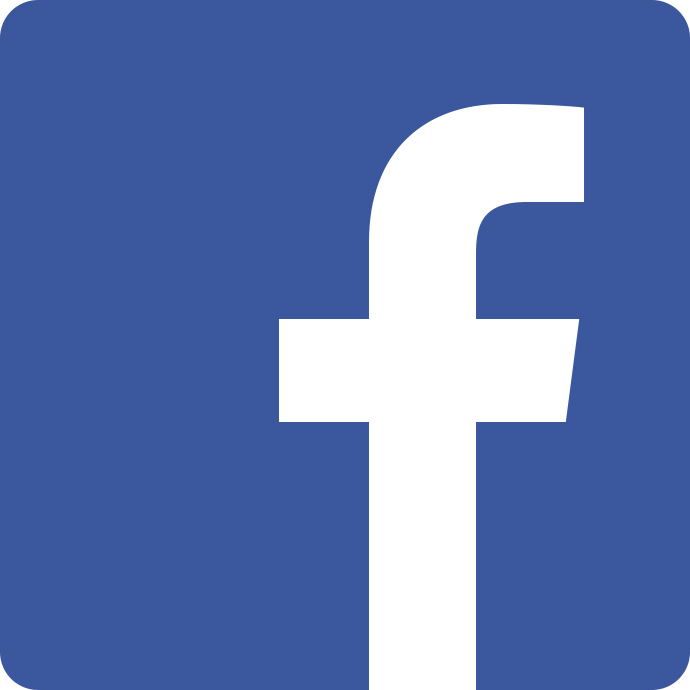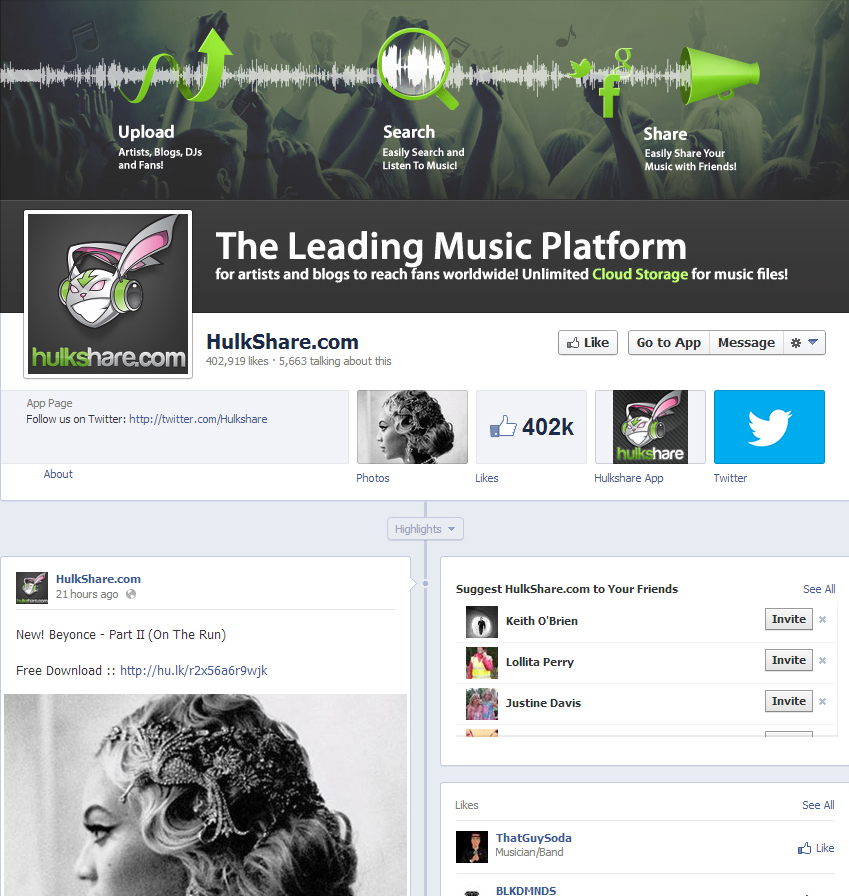 Earlier this month Music & Copyright conducted its third annual survey of unauthorized music download sites. Like last year and the year before, advertising for a large number of blue-chip companies and media-content services was found on several of the sites surveyed. Most of the companies contacted by Music & Copyright were fairly oblivious to the fact that their ads appeared alongside promotions for “Russian wives” and “Asian babes.” None of the companies placed the ads on the websites, but were displayed through the use of blind advertising networks.
Earlier this month Music & Copyright conducted its third annual survey of unauthorized music download sites. Like last year and the year before, advertising for a large number of blue-chip companies and media-content services was found on several of the sites surveyed. Most of the companies contacted by Music & Copyright were fairly oblivious to the fact that their ads appeared alongside promotions for “Russian wives” and “Asian babes.” None of the companies placed the ads on the websites, but were displayed through the use of blind advertising networks.
The current issue of Music & Copyright gives all the details on which companies were the worst offenders and which were doing their best to control advertising overspill. But what was interesting this time around was the realization of the problem rights holders face when trying to have content removed from unauthorized music download sites and the support these sites receive from the big social networks.
Large numbers of unauthorized websites are easy to find. A simple Google search for “free MP3 download” produces an almost endless list of sites and services offering access to a wealth of free music. Such easy access is of no surprise to anyone using the Internet to download music. What is surprising is the fact that despite attempts by rights holders and public commitments by search services such as Google to make more of an effort to control unauthorized distribution of media content, free music is still openly and readily available, with sites offering the latest music releases by big-name artists operating alongside legal services.
Many of the unauthorized services make good use of social networks for publicity. For example, the site Hulkshare, which Music & Copyright found to be offering a wide variety of music content free of charge, has a public Facebook page with more than 400,000 “likes.”

Concerning for rights holders is the fact that Hulkshare’s Facebook page, and others like it, are free to operate on social networks without interference from the social networks’ guardians. Facebook told Music & Copyright that it had investigated the Hulkshare page and found it did not violate the social network’s user policies. Moreover, Facebook said that if copyright owners felt their rights were being infringed on the service, they should file a report with the social network’s intellectual property team, who would then investigate the matter.
Facebook’s policies say that if a user of the service repeatedly infringes other people’s intellectual property rights, that user’s account will be disabled when appropriate. Facebook provides links showing rights holders how to report claims of intellectual property infringement and the service provides tools to help users protect their intellectual property rights. Facebook also says that if users feel their content has been removed by mistake then there is an opportunity to appeal.
However, just below the policy on appeals is a policy on the use of Facebook’s own copyrights. The policy says users “will not use our copyrights or trademarks (including Facebook, the Facebook and F Logos, FB, Face, Poke, Book and Wall), or any confusingly similar marks, except as expressly permitted by our Brand Usage Guidelines or with our prior written permission.” Facebook clearly takes the protection of its own copyrights and trademarks very seriously. But should the service not also protect the copyrights of users that are being violated on Facebook by services such as Hulkshare?
On the screenshot shown above is a link on Hulkshare’s Facebook page to a free download of the Beyonce track On The Run. No permission has been given by Beyonce’s record company Columbia or music publisher Warner Chappell to Hulkshare to allow them to make the track available and so Hulkshare is violating a number of different copyrights. However, as Hulkshare does not violate Facebook’s policies the link will remain active until Columbia, Warner Chappell or a trade association asks for the link to be removed, a process that will most likely involve legal representation and a review by Facebook. While the social network service weighs up the rights and wrongs of the link, Hulkshare will be gaining more likes, posting more links and violating more copyrights. Is it any wonder why rights holders feel the balance of dealing with copyright infringements is heavily weighted against them?
There is though a fine line between promoting links to unauthorized music content and safe harbor protection. ISPs and online services such as Facebook have freedom from any liability for links to unauthorized content. In Europe, safe harbor formed part of the European Commission’s Electronic Commerce Directive, and in the US it was included in the Digital Millennium Copyright Act. Facebook says on its website that it “complies with the U.S.-EU and U.S.-Swiss Safe Harbor frameworks” and so is in the clear with regards the Hulkshare links. But for a service that said this week it generated US$1.8 billion in revenues between April and June of this year alone (more than the trade value of the top 10 recorded-music markets in the same three month period) and reported monthly active user figures of 1.15 billion, using safe harbor protection as a reason to turn a blind eye to the likes of Hulkshare is starting to become redundant.
Certainly Facebook is right when it says it has no legal obligation to remove any links to content that violate copyright holders’ intellectual property rights unless asked to do so by rights holders. However, Facebook demonstrated recently that it is quick to act when its own finances are threatened. In June a number of big companies including BSkyB and Nissan suspended advertising on the social network after their ads appeared alongside offensive content. Fearing the loss of advertising income, Facebook quickly overhauled its advertising operations.
Rights holders will claim that Facebook’s speedy review of its advertising guidelines suggest the social network’s policies are not carved in stone and could, given the right incentive, be changed, regardless of legal duty. However, Facebook operates in an industry where companies can quickly fall out of favor with consumers faster than they become popular. Ask anyone involved with MySpace about that. This means Facebook will be unlikely to proactively close pages they don’t have to, particularly if those pages are popular with the social network’s users. So, unless Facebook has a change of heart, the responsibility to remove links to Hulkshare and similar unauthorized download sites from services such as Facebook will rest with rights holders for a long time to come.
Music & Copyright
If you like this blog then Music & Copyright might be just what you are looking for. It is a fortnightly research service covering global copyright and legal issues affecting the music industry. It is unrivalled in its coverage of this complex and fascinating area of the music industry. It is also why our extensive client list includes companies and organizations from all sectors of the music industry operating all around the world. But don’t take our word for it, please get in touch and we will send you the latest issue.
Music & Copyright is published by Informa Telecoms & Media.
Reblogged this on Earth Balm Music and commented:
It’ll all implode eventually. Popular music will bring about its own end.